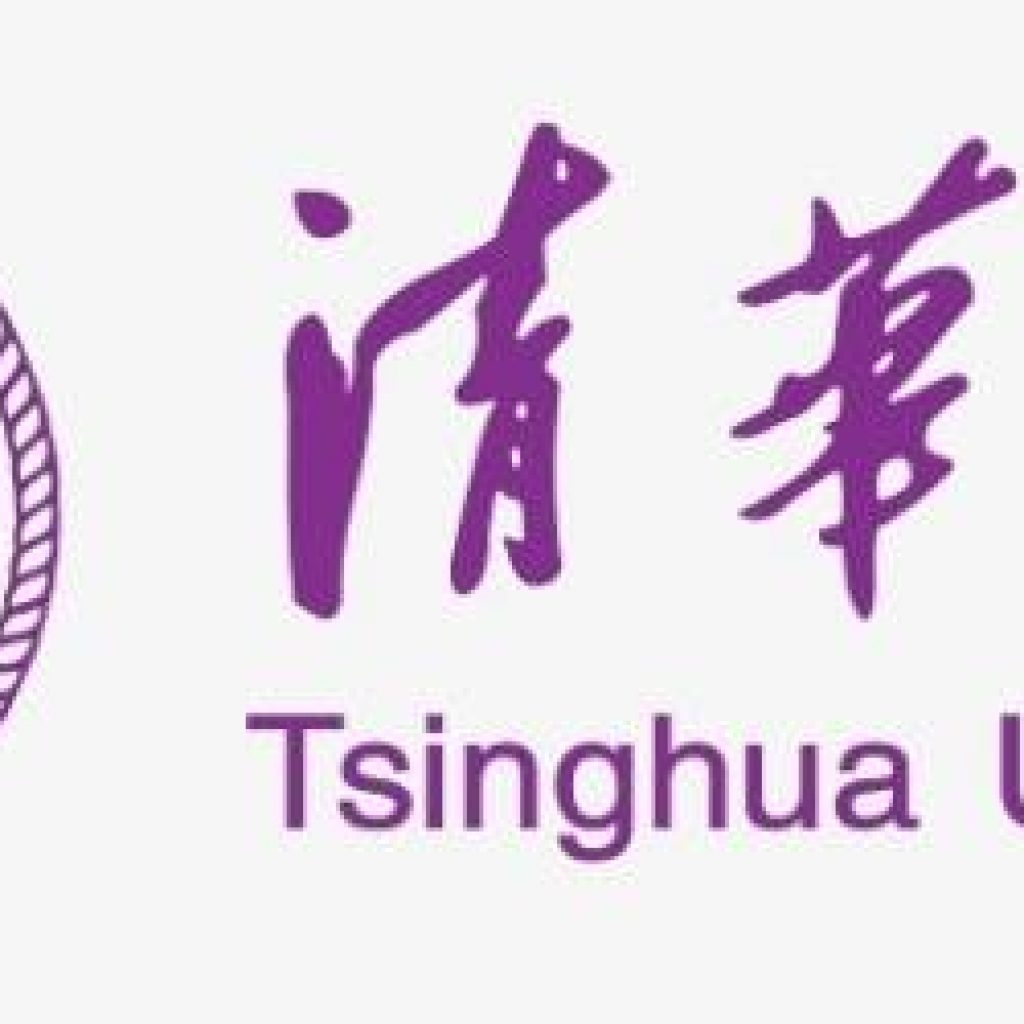(SyncedReview) A Tsinghua University research paper has for the first time reported an experimental demonstration of quantum generative adversarial learning in a superconducting quantum circuit.
Generative Adversarial Networks (GANs) are today’s hottest machine learning subfield. In 2014, Google Researcher Ian Goodfellow first introduced the GAN framework, which comprises two neural nets: A Generator that forges a new data instance, and a Discriminator that then distinguishes fake data created by the Generator from real data.
The Tsinghua researchers theoretically proposed a quantum version of GANs, or Quantum GANs (QuGANs). QuGANs use quantum computing devices to train their generator and discriminator, and can process high-dimensional data, or quantum data.
Researchers believe the experiment can have far-reaching influence: “Since our QGAN experiment requires neither a quantum random accessing memory, nor a universal quantum computing device or any fine-tuning parameters (thus robust to experimental imperfections), it carries over to the noisy intermediate scale quantum (NISQ) devices widely expected to be available in the near future.”
Tsinghua Researchers Demonstrate Quantum Version of GAN (Today’s Hottest Machine Learning Subfield)
